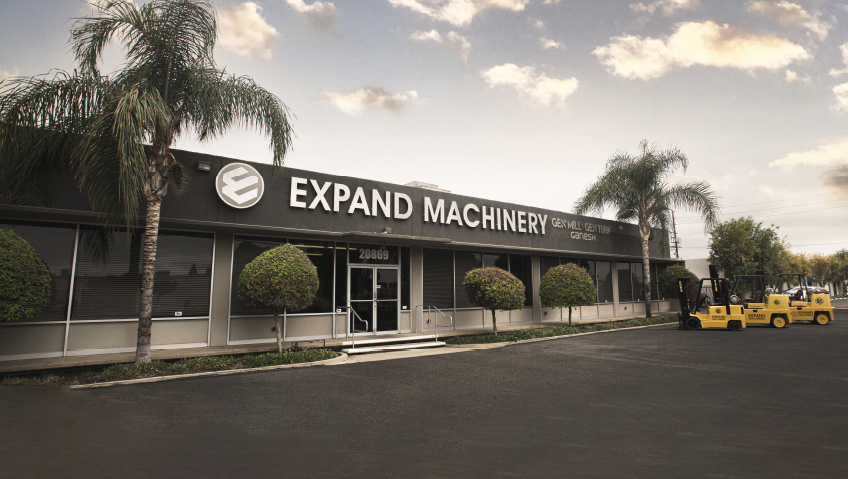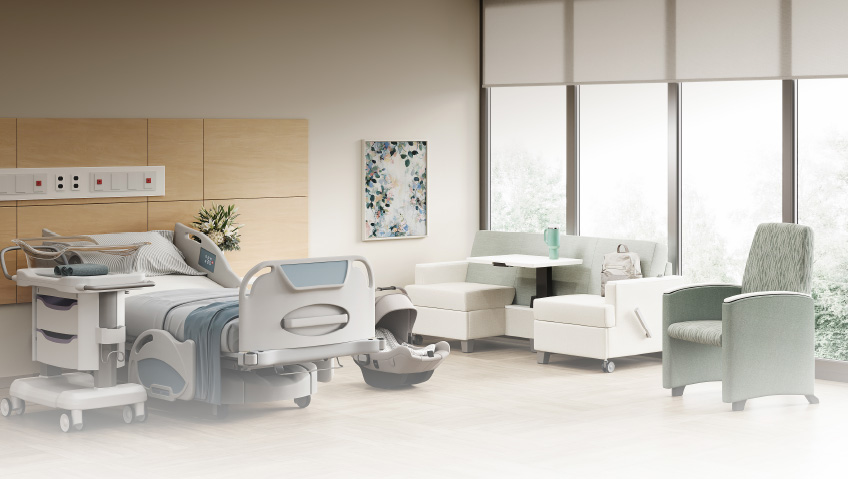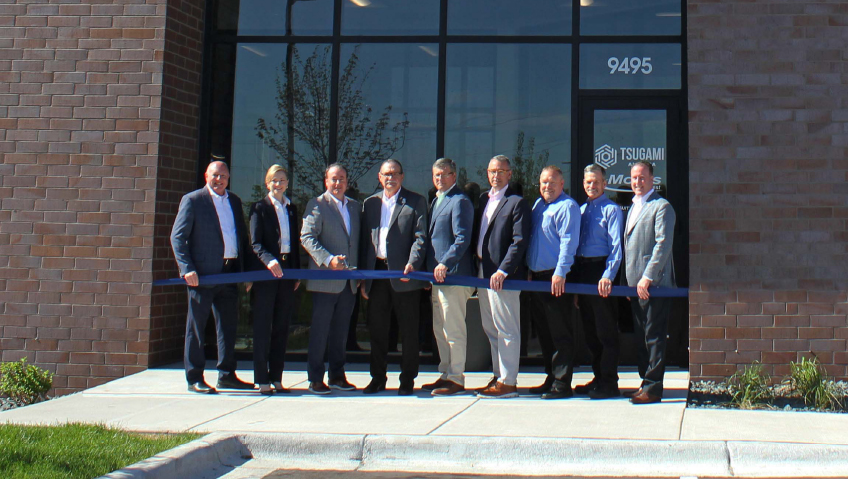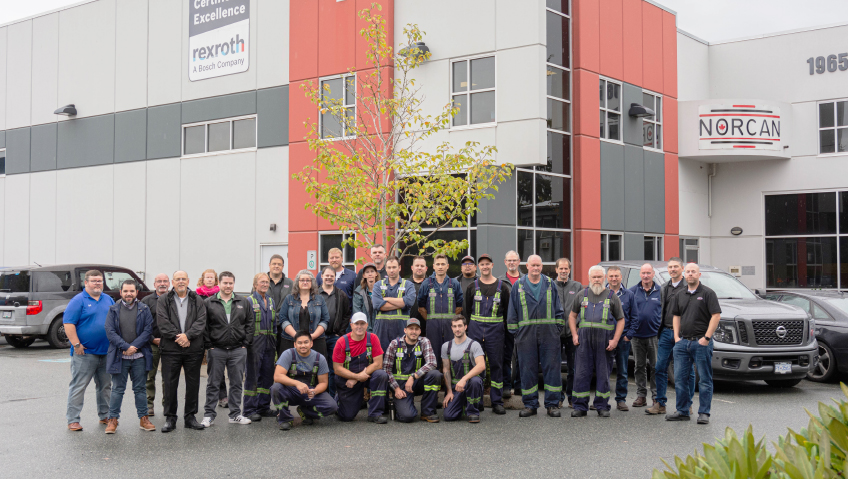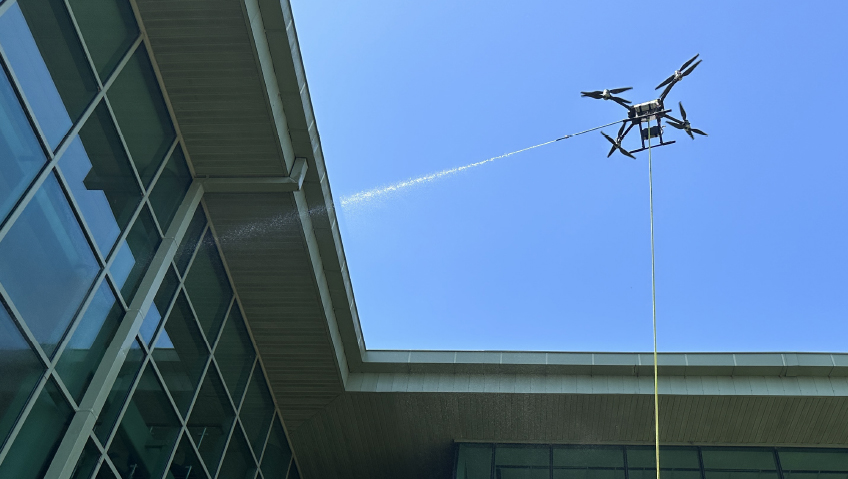Beginning as a modest family business in 1985, bringing to market machine tools with the best value and productivity for precision machining, Ganesh Machinery grew in just three short years into a 4,000-square-foot operation, followed by a successful 15,000-square-foot, state-of-the-art enterprise supported by a 40,000-square-foot machine warehouse. The product lines GEN MILL, GEN TURN, and Ganesh were bought by Expand Machinery in 2019, positioning the company on a new, exciting path dedicated to ensuring excellent after-sales service and high-quality, well-engineered machinery for all its clients.
Offering high-performance GEN MILL CNC vertical machining centers (VMC) and 5-axis milling centers, highly renowned Ganesh Toolroom CNC Swiss machine lathes, and manual and CNC knee mill milling machines, Expand Machinery’s ISO 9001 facilities—located in Taiwan and Japan—continue to manufacture the company’s precision machinery and essential equipment.
Expand Machinery is more than the sum of its many parts. In the past few years, the company has grown in “leaps and bounds,” with the business now pivoting toward meeting the needs of today’s customers.
“We’ve been doing this in our multiaxis machines—which is a big part of our business, the turn mill centers—but moving forward, we are moving heavily into 5-axis milling and optimization, with robotic optimization in partnership with Mitsubishi,” says General Manager Ravjeet Singh. “Why Mitsubishi? It’s because the company is our major partner in the CNC controls on CNC control machines.”
In fact, 95 percent of Expand’s machines and machine tools are packaged with Mitsubishi. “We do it is because it’s a very high-end control system, neck and neck with the major competition, but it has so many more control features, and the after-sales service support from Mitsubishi USA team is fantastic.”
Expand Machinery is one of the top manufacturers out of Taiwan, with all its machines assembled there, he adds, with the major components being Japanese. “That’s why they perform at the high end, 24/7,” Singh says. “And when they opted to go with robotics, we joined hands with them, and we’ve got our team trained.”
Moving forward, automation will play a major role in products, as right now the biggest challenge in the United States and North American market is labor, he adds. “We don’t have an ample number of CNC programmers or operators, and any machine shops or any big manufacturing house says that they only want one-and-done types of solutions.”
In order to deliver those products to the customer, Expand needs not only the machines, but also packages with automation. “That’s the main area we are focused on now along with following the direction of our company toward robotic automation for our general product line,” he says.
The company’s other key area is in the aerospace industry, which is experiencing “big growth” following years of COVID-driven downturns. “It’s picking up, and we’re seeing constant growth in the aerospace industry,” Singh says. Additionally, with Mitsubishi’s support, Expand can perform upgrades to existing machines, even in the field. “Our customer… can buy a 3+2 or a 4+1 and we can enhance and advance their machine into full 5-axis capability in their machine shop. So that’s been the biggest achievement for all of us, providing that service to the end user.”
While that capability of providing quality customer service and a wide range of product availability helps set the company apart from competitors, Expand isn’t the only business working on 5-axis machines, Singh adds—there are a lot of companies doing it. The key advantage with Expand, however, is the company’s ability to allow the customer to upgrade down the road.
Along with the aerospace sector, more and more clients in general are demanding the 5-axis machinery. For multiaxis turning, the efficient solution is a bar feeder and bar loaders, which Expand already provides for them. “It’s a very cost-effective method of automation,” Singh says.
Robotics are definitely changing the landscape of the industry’s environment, and Singh doesn’t see the labor shortage resolving any time in the near future. “I don’t see anything changing, at least in the next decade or so,” he shares. “We’re really aware of it in our field.”
Industries across the board are working to encourage youth to consider skilled trades on an ongoing basis, either through awareness and education at the high school level or by offering paid training and internships to help potential workers. Singh agrees this is critically important.
“You have to understand that the next decade will not be easy, because a lot of Baby Boomers are already in the retiring stage and people are actually bringing them back to do part-time work in places,” he says. “If we can bring the pool of those youngsters into the industry, it will still take some time for them to get going and learning and understanding. So we feel that another decade will be very challenging on the labor side and for the machine tool industry.”
Training centers are vital, and schools putting in more effort to reach students at an earlier age is definitely a smart and productive way to go, he adds. But another battle the industry is fighting is losing manufacturing to Asia. While critical manufacturing will never leave the United States, Singh says, more and more commodity manufacturing will remain overseas.
“That’s where we are hurting against Asia, because you will never be able to compete, and not just with labor; they are getting into automation already, which [North America] should have done sooner. The places we really see automation right now are in Europe, especially Germany and England; those places are further ahead than North America at the moment in automation in the machine tool industry. We really have to do a lot of work to catch up,” Singh emphasizes.
To that end, Expand Machinery achieved some advancements of its own a year ago, investing more than a million dollars in-house to bring in three Kardex Remstar VLM machines in its parts department to provide parts in a more efficient and timely manner, while also adding approximately 4,000 square feet at its facility for the warehousing.
The company’s ongoing dedication to customer service—including its impressive financing options—is also leading the way in maintaining customer loyalty. Expand has a sister company in financing, Valley Financial, which allows it to keep growing while maintaining its main objective of keeping its customer base under one roof. “Our customers are really happy with Expand’s growth, and we are definitely getting that 80 to 90 percent retention on our existing customer base, which also continues to grow,” says Singh.
“We can sell the product, give them the solution, provide after-sales service, and if they need in-house financing, we can also provide that,” he explains. “So customers can get all those services from our companies.”
Looking ahead, Expand aims to maintain its key goal and focus of moving more and more into providing solutions with automation to the end user, while never losing sight of the fact that the company is a big player in multiaxis turn mill centers. “We’ve really grown in the last couple of years,” Singh says, “and what we are looking for in the future is to keep growing.”

